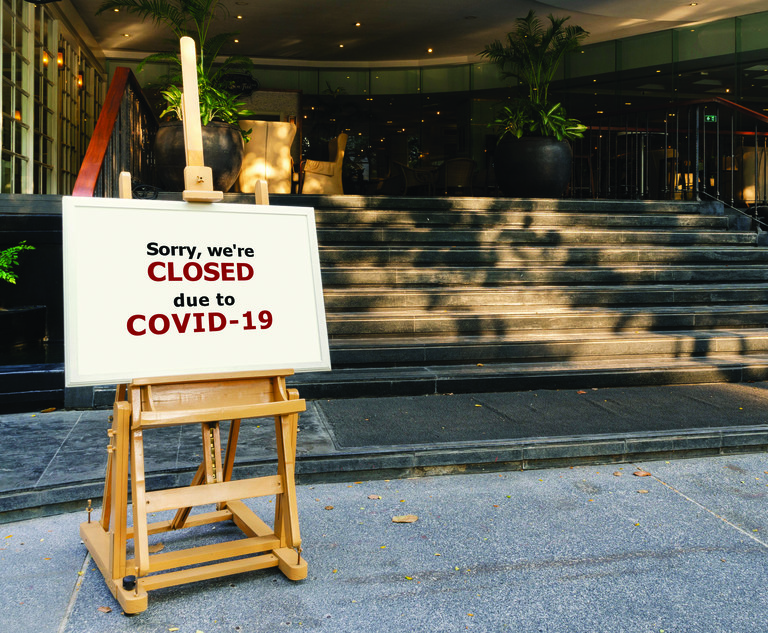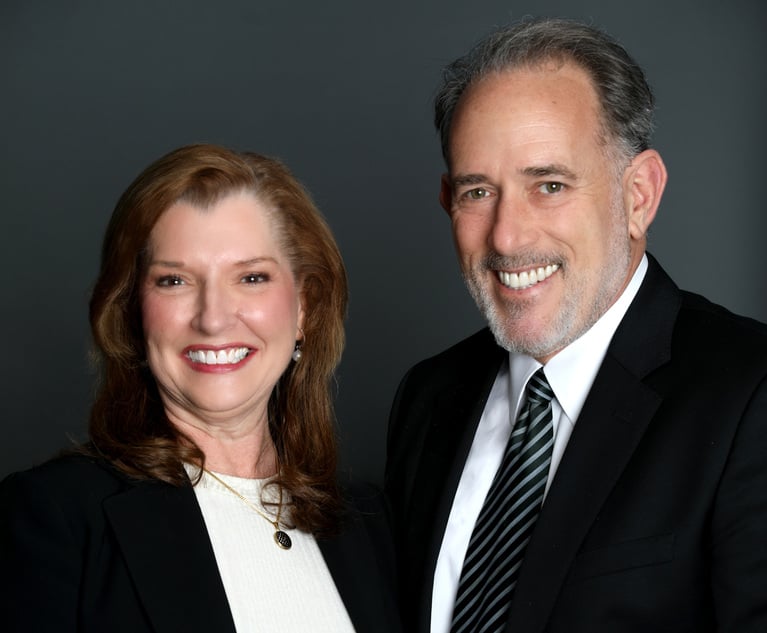The Trend:
With COVID-19-caused office closures and stay-at-home orders still lingering in most of the country, legal professionals have been forced to reevaluate industry norms that, as recently as March, seemed to be set in stone. Chief among those conventions is the way in which lawyers and legal professionals interact with each other and their clients.

 Credit: Menara Grafis/Shutterstock.com
Credit: Menara Grafis/Shutterstock.com








